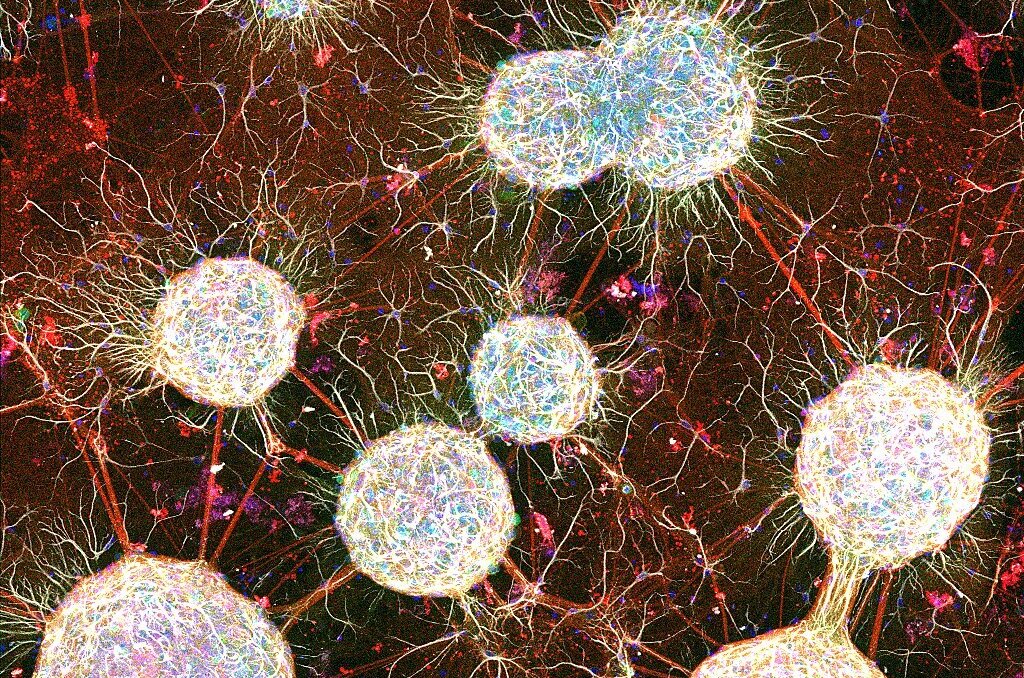Neuroblastoma, a prevalent childhood cancer that arises during prenatal development, primarily impacts the adrenal glands. Researchers, led by Dr. Aránzazu Villasante from the Nanobioengineering Group of IBEC, focused on replicating neuroblastoma’s unique vasculature to explore new biomarkers and effective treatments for this type of cancer.
Neuroblastoma is characterized by increased vascularization, facilitated by a process called transdifferentiation, where cancer cells transform into endothelial cells forming the tumor’s blood vessels, leading to treatment resistance and cancer recurrence.
Dr. Villasante and her team published two recent studies in In vitro models and Cancers journals, showcasing the successful replication of the transdifferentiation process in neuroblastoma vasculature in vitro models. They developed two reproducible systems – a 2D model for therapeutic target exploration and a microfluidic chip for drug screening. The team also identified GB3 as a potential therapeutic target for future nanotherapies against neuroblastoma.
Culturing neuroblastoma cells on a 2D plate typically does not induce transdifferentiation. However, by adapting the plate substrate to mimic human arterial and venous stiffness, the cells began forming neuroblastoma’s unique vasculature. The researchers confirmed the expression of the GB3 biomarker by tumor cells, a receptor involved in blood vessel formation, metastasis, and drug resistance.
To further validate their findings, the team conducted a nanoparticle study, coating nanoparticles with a toxin binding to GB3, demonstrating direct targeting of neuroblastoma cells. These results emphasize GB3’s potential as a therapeutic target for future nanotherapies.
The researchers plan to advance their studies to the more intricate microfluidic model for drug screening, selecting the most promising candidates for further in vivo testing. The study was conducted in collaboration with the Pediatric Cancer Center Barcelona at SJD Barcelona Children’s Hospital and the Institute of Health Research (IDIVAL) at the University of Cantabria.



